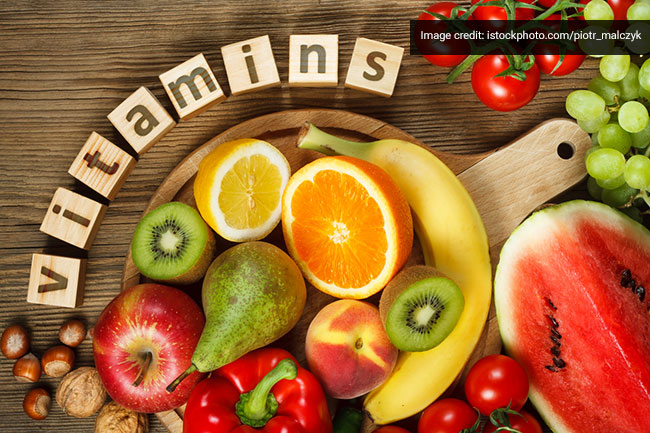New Delhi: A balanced diet that is a diet having the right mix of energy giving food (cereal, pulses, oil, sugar), body building food (pulses, meat, milk, fish, egg) and protective food (fruits and vegetables) is vital for every individual, irrespective of age and gender. But a balanced, diverse and nutritious diet becomes extremely crucial for a pregnant woman as she what she eats directly impacts the baby in her womb and lays the foundation for the baby’s health going forward. For the 270 days (nine months), a child is inside a mother’s womb and during this period, the foetus gets all the nutrients from the placenta. So if the diet of a mother-to-be lacks any or all nutrients, child’s health and growth will be compromised.
NDTV spoke to Dr Seema Singh, Chief Clinical Nutritionist at Fortis Vasant Kunj in Delhi to understand what all should a pregnant woman have, to ensure a nutrition-rich diet.
Five Must-Have Nutrients For A Pregnant Woman
Protein
During pregnancy, placenta, a large organ that develops in the woman’s uterus provides oxygen and nutrients to the foetus and also removes any waste from the baby’s blood. During this period high intake of protein is recommended for the mother as it helps the placenta function better and also help the foetus as it grows and its cells multiply in number.
Food rich in protein: Nuts, oil seeds, paneer (cottage cheese), milk and milk products, tofu, soya bean, and pulses.
Protein from vegetarian sources should always be combined with some amount of cereal to make it a complete meal.
Calcium
The adequate amount of calcium in a mother’s body is pivotal in determining the baby’s bone structure and teeth as these start developing inside the womb itself.
Food rich in calcium: Paneer (cottage cheese), tofu, milk, dried fruits like figs, apricots and almonds.
Also Read: National Nutrition Month: Why Breastfeeding Mothers Should Opt For A Balanced Diet, Experts Speak
Iron
Women tend to suffer from anaemia throughout their lives because of the menstruation cycle and during pregnancy baby’s blood supply is also dependent on the mother’s diet. So it is essential for a mother to take iron both for herself and the baby. Iron supplementation has to start from the second trimester and to be continued till the time of the delivery.
Food rich in iron:
For vegetarians: Dark green leafy vegetables like spinach, jaggery, pumpkin seeds and others.
For Non-vegetarians – Red meat, organ meat (offal – brain, liver), chicken, and fish.
For better absorption of iron, it is recommended to take some Vitamin C rich food like Amla and Lemon.
Multi-vitamins
Though all the vitamins are significant, but Dr Seema stresses specifically on Vitamin C as it aids in improving the immunity of the body and protects a pregnant woman against all sorts of infections.
Food rich in vitamins: Sweet potatoes, citrus fruits and vegetables.
Folic acid and Omega 3 fatty acids
Both folic acids and omega-3 fatty acids play a vital role during pregnancy. While omega-3 fatty acids promote brain growth and development, folic acid aids in making red blood cells that helps overcome anaemia. During pregnancy, if a woman is anaemic then the probability of child also be anaemic increases.
Food rich in Omega 3 fatty acid and Folic acid: Fish, flaxseed, soy, and walnuts.
Also Read: National Nutrition Month: 8 Common Myths About Infant And Young Child’s Diet Busted


























Mary
December 26, 2019 at 11:27 am
Nice article about nutrients for pregnants. Nice explained and helpful
Nutrindo Ideias